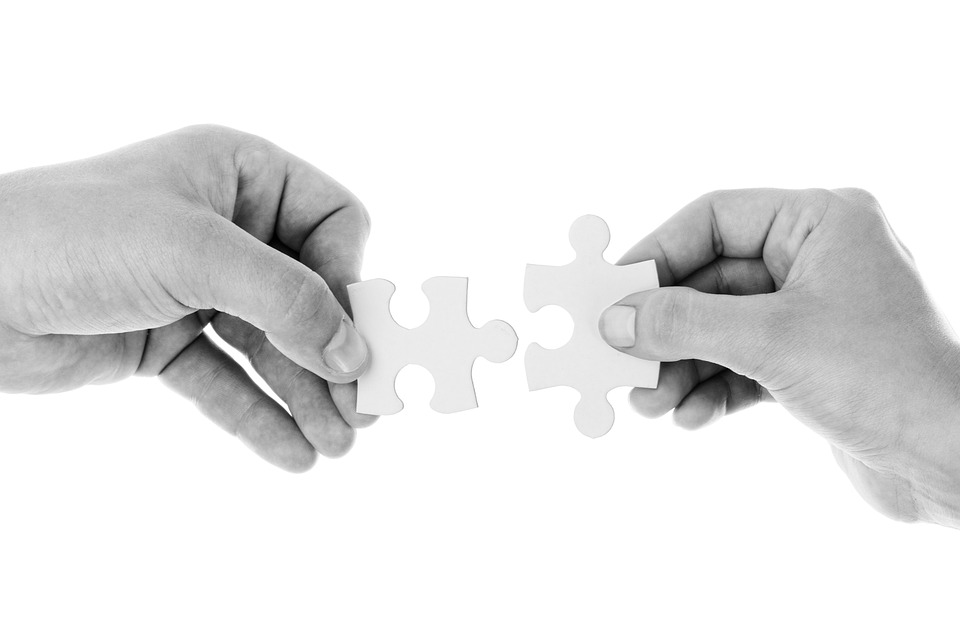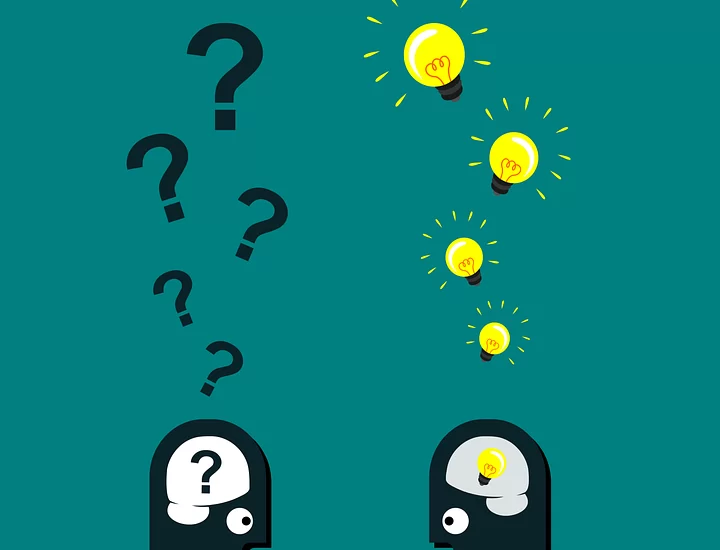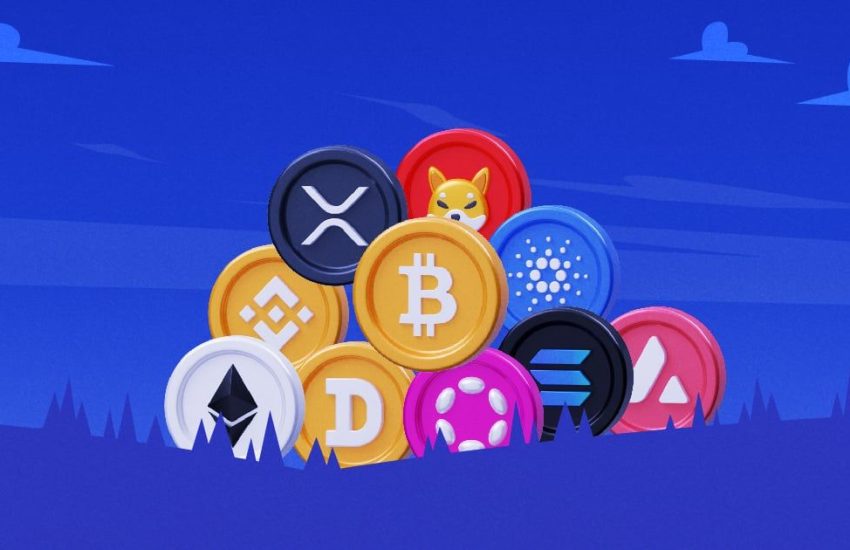What Is Blockchain? A Beginner Guide
In today’s digital age, the term “blockchain” is becoming more and more popular. But what exactly is blockchain and how does it work? If you’re new to the world of technology, you may have heard of blockchain but may not fully understand its implications and potential. In this beginner’s guide, we’ll break down the basics of blockchain and explore its various applications and benefits.
At its core, blockchain is a decentralized digital ledger that records transactions across multiple computers in a secure and transparent manner. Each “block” in the chain contains a list of transactions, and once a block is filled with data, it is cryptographically linked to the previous block, forming a chain of blocks. This chain ensures that every transaction is secure and cannot be altered without the consensus of all parties involved.
Unlike traditional centralized systems where a single entity controls the data, blockchain operates on a distributed network where every participant has a copy of the ledger. This peer-to-peer network eliminates the need for intermediaries and allows for greater transparency and trust in the system.
## Key Features of Blockchain
### Immutable Ledger
Once a transaction is recorded on the blockchain, it cannot be changed or deleted. This immutability ensures the integrity of the data and prevents fraud and tampering.
### Decentralization
Blockchain operates on a decentralized network, meaning there is no central authority controlling the data. This distribution of power increases security and reduces the risk of hacking or manipulation.
### Transparency
All transactions on the blockchain are transparent and accessible to all participants. This transparency builds trust among users and reduces the potential for fraudulent activities.
### Smart Contracts
Blockchain technology also allows for the creation of smart contracts, which are self-executing contracts with the terms of the agreement directly written into code. These contracts automatically execute when certain conditions are met, streamlining processes and reducing the need for intermediaries.
## Applications of Blockchain
### Cryptocurrency
One of the most well-known applications of blockchain is cryptocurrency, such as Bitcoin and Ethereum. These digital currencies operate on blockchain technology, allowing for secure and decentralized transactions without the need for traditional financial institutions.
### Supply Chain Management
Blockchain is revolutionizing supply chain management by providing transparent and traceable records of goods as they move through the supply chain. This transparency leads to greater efficiency, reduced costs, and improved accountability.
### Voting Systems
Blockchain is also being explored for its potential in secure and transparent voting systems. By creating a tamper-proof ledger of votes, blockchain technology could eliminate voter fraud and ensure fair and accurate elections.
### Healthcare
In the healthcare industry, blockchain can be used to securely store and share patient records, reducing errors and ensuring patient privacy. Blockchain technology also has the potential to streamline medical billing and insurance processes.
## Benefits of Blockchain
– **Security**: The decentralized nature of blockchain makes it highly secure and resistant to cyber attacks.
– **Transparency**: Blockchain offers transparency and accountability by providing a verifiable record of transactions.
– **Efficiency**: With smart contracts and automation, blockchain can streamline processes and reduce the need for intermediaries.
– **Cost Reduction**: By eliminating third-party intermediaries, blockchain can reduce costs and increase efficiency in various industries.
In conclusion, blockchain technology is a powerful tool with the potential to revolutionize a wide range of industries. As a beginner, understanding the basics of blockchain and its key features and applications can help you grasp the impact and importance of this innovative technology. Whether you’re interested in cryptocurrencies, supply chain management, or healthcare, blockchain has something to offer for everyone. So, keep exploring and learning about blockchain to unlock its full potential in the digital world.


